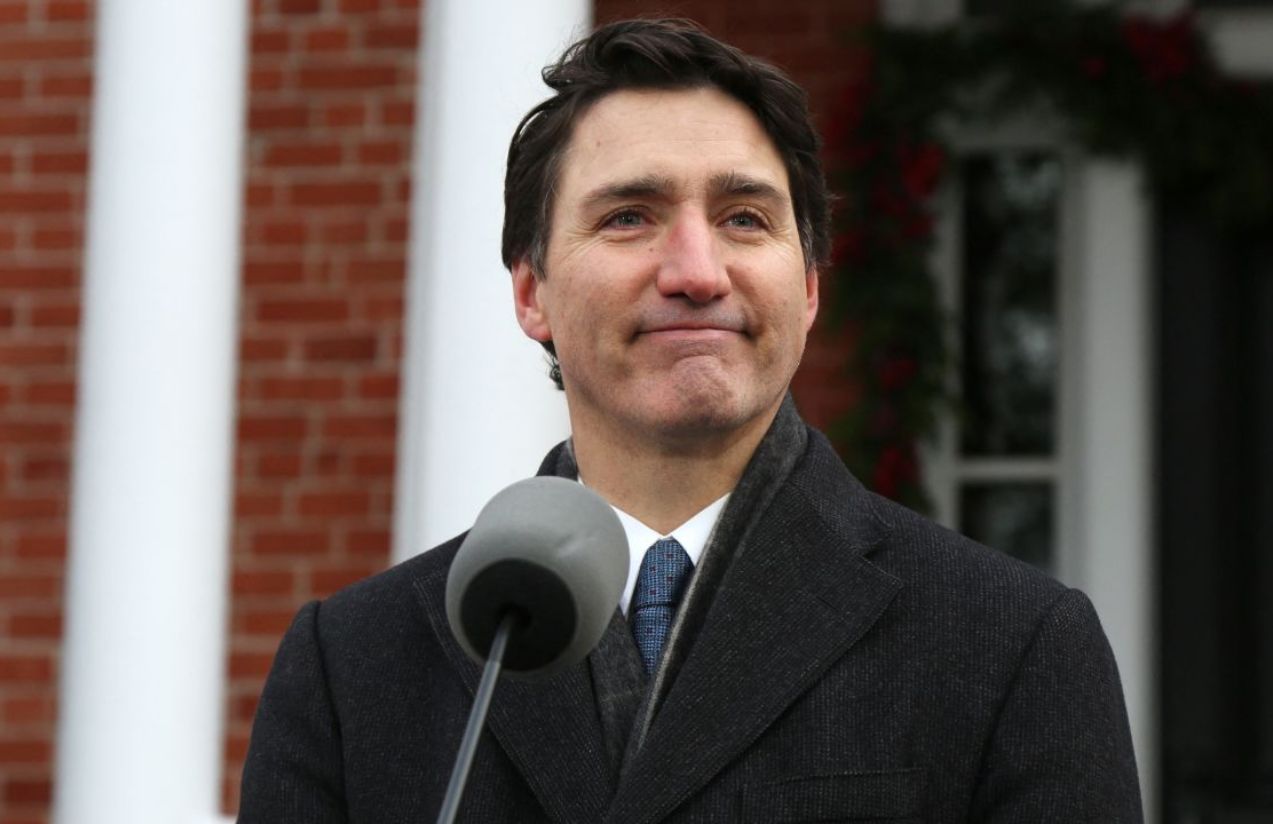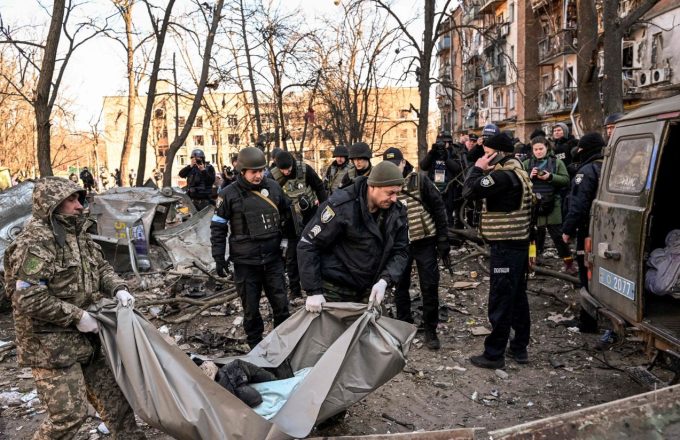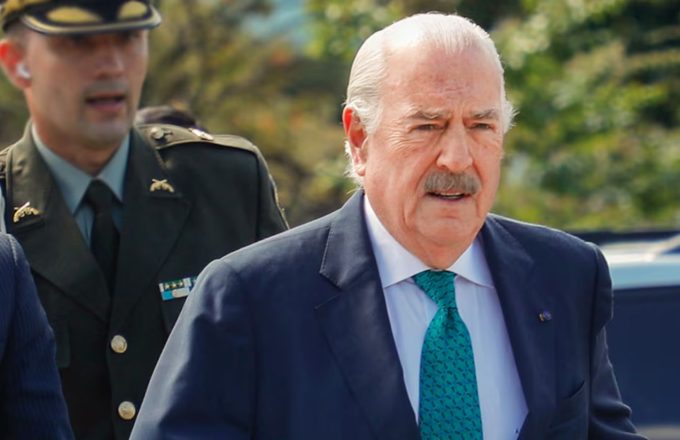The Canadian government and the U.S. administration have taken a significant step in their trade and security relations with a recent agreement that will impact both the economy and the fight against organized crime.
Canadian Prime Minister Justin Trudeau announced on his official X account that the implementation of the tariff proposed by former President Donald Trump on Canadian products will be suspended “for at least 30 days.” This decision follows a phone conversation held on Monday afternoon between the two leaders, during which they discussed the terms of closer cooperation on security and border control.
I just had a good call with President Trump. Canada is implementing our $1.3 billion border plan — reinforcing the border with new choppers, technology and personnel, enhanced coordination with our American partners, and increased resources to stop the flow of fentanyl. Nearly…
— Justin Trudeau (@JustinTrudeau) February 3, 2025
In exchange for this temporary halt in trade tariffs, Canada has committed to making a series of investments and concrete actions in the area of security. First and foremost, the Canadian government will allocate a significant amount of resources to strengthen security along its border with the United States, a key measure in combating drug trafficking and irregular immigration.
Additionally, as part of the agreement, a “Canada-U.S. Joint Strike Force” will be established, with its primary mission being to combat organized crime, fentanyl trafficking, and money laundering—issues that have become growing concerns in both countries. In this regard, Trudeau also announced the appointment of a “Fentanyl Czar,” a high-ranking official responsible for coordinating efforts to curb the entry of this drug into North America.
Another crucial aspect of the agreement is Canada’s decision to join the United States in classifying drug cartels as terrorist organizations, which will allow for stricter measures against these groups and facilitate the use of more robust legal tools to dismantle them.
“I have also signed a new intelligence directive on organized crime and fentanyl, and we will back it with a $200 million U.S. investment,” stated Trudeau, emphasizing his government’s commitment to this cause.
For his part, Donald Trump also confirmed the agreement through his social media platform, Truth Social. In his statement, the former president explained that the temporary suspension of the tariff is intended to provide time to assess whether a final economic agreement with Canada can be reached.
“Canada has agreed to ensure that we have a secure northern border and finally put an end to the deadly scourge of drugs like fentanyl, which have been pouring into our country, killing hundreds of thousands of Americans, and destroying families and communities across our nation,” Trump wrote in his post.
Fentanyl trafficking has been a top priority in U.S. policy in recent years, as the opioid crisis has led to an alarming number of deaths among the population. It is estimated that thousands of people die annually in the United States due to overdoses of this synthetic drug, which often enters the country through smuggling networks.
While this agreement provides temporary relief for Canada in trade matters, it also presents a significant challenge in terms of security. Cooperation with the United States in the fight against organized crime and drug trafficking will be crucial in the coming months, and the implementation of the announced measures will determine the future of bilateral relations between the two countries.
It remains to be seen whether the actions taken by the Canadian government will be sufficient to prevent the U.S. from reinstating tariffs. For now, the 30-day trade truce provides a window for negotiation and cooperation, in a context where security and the economy are more interconnected than ever.




















